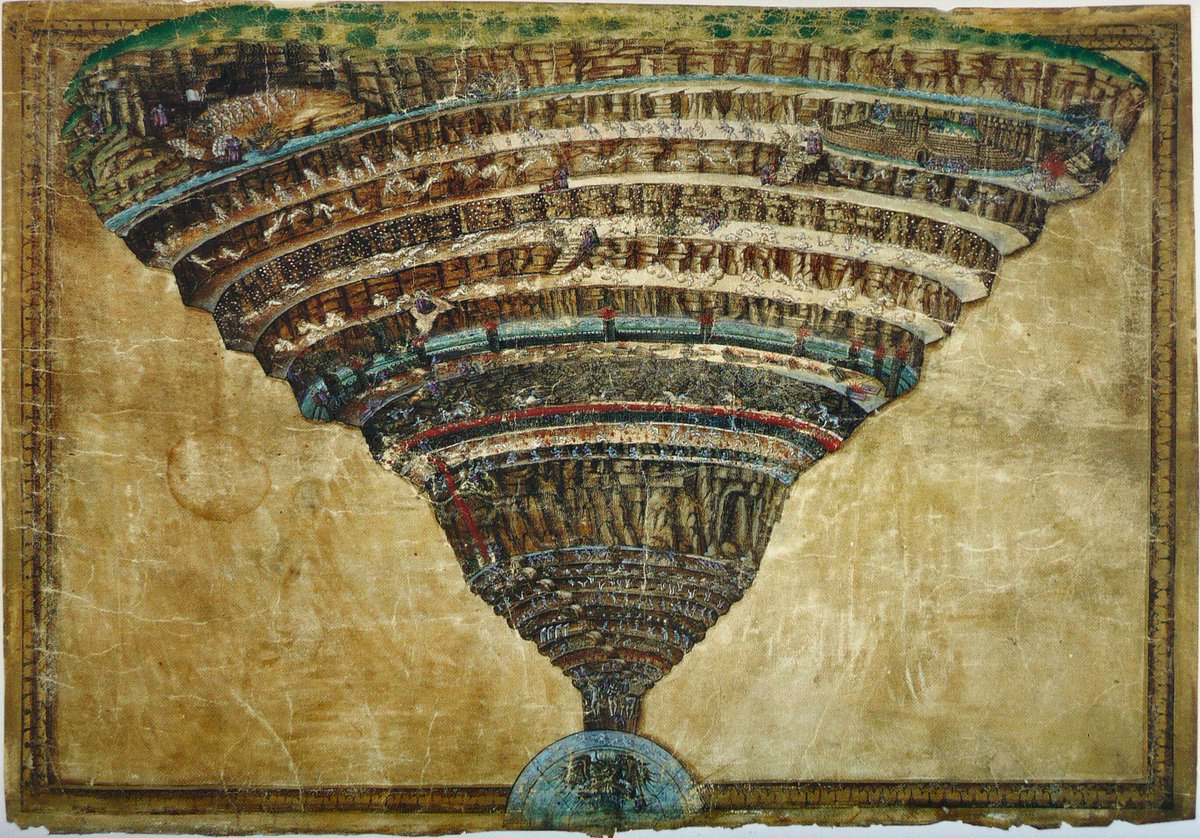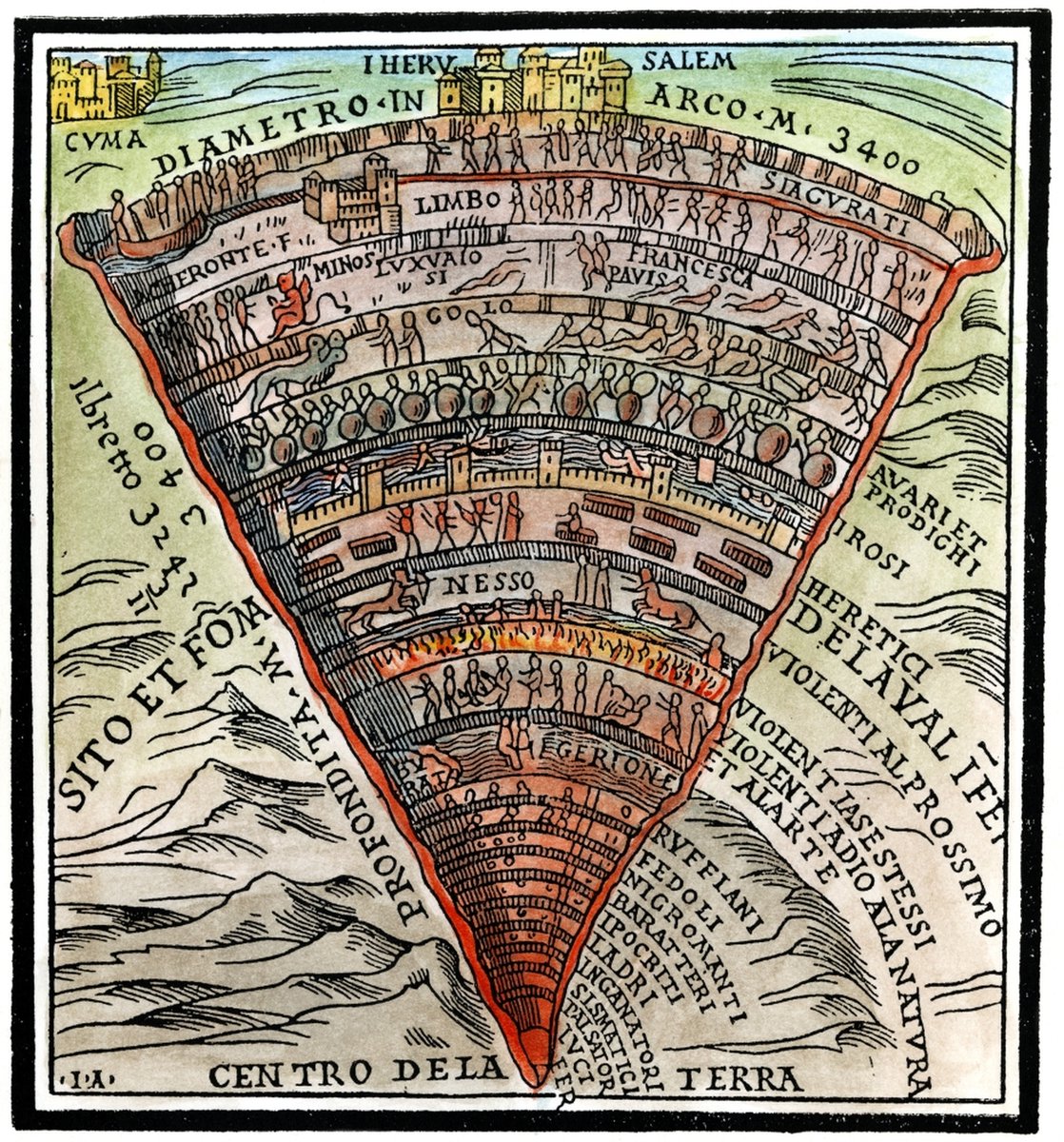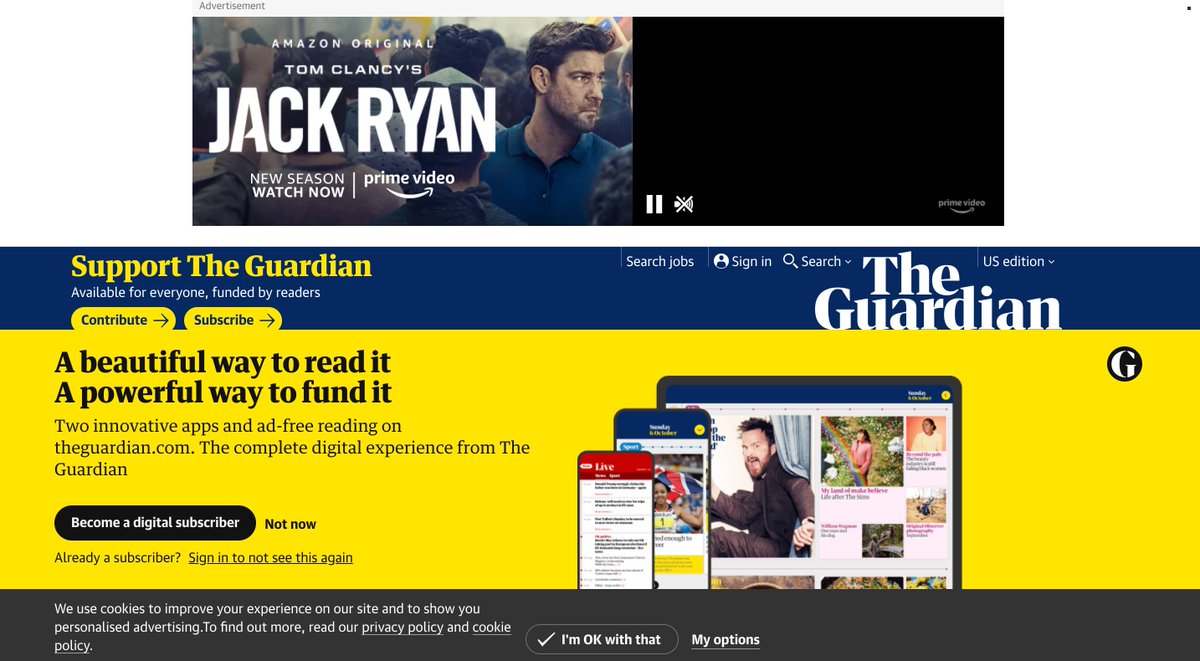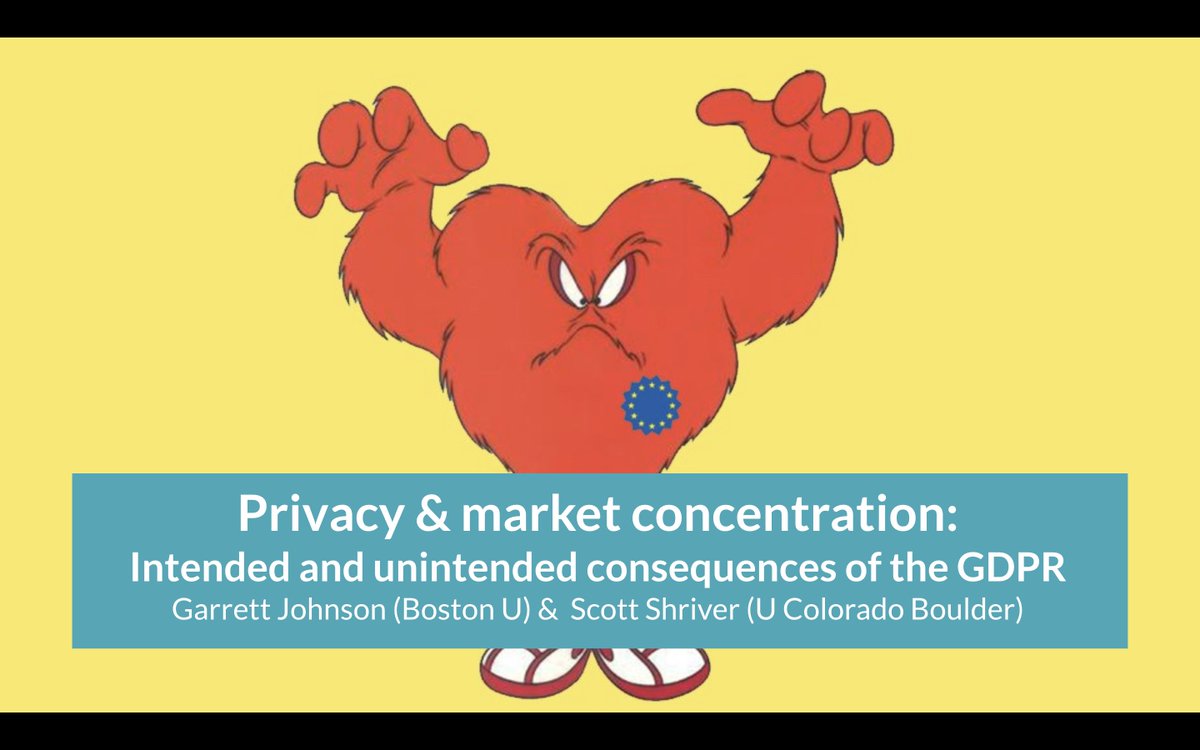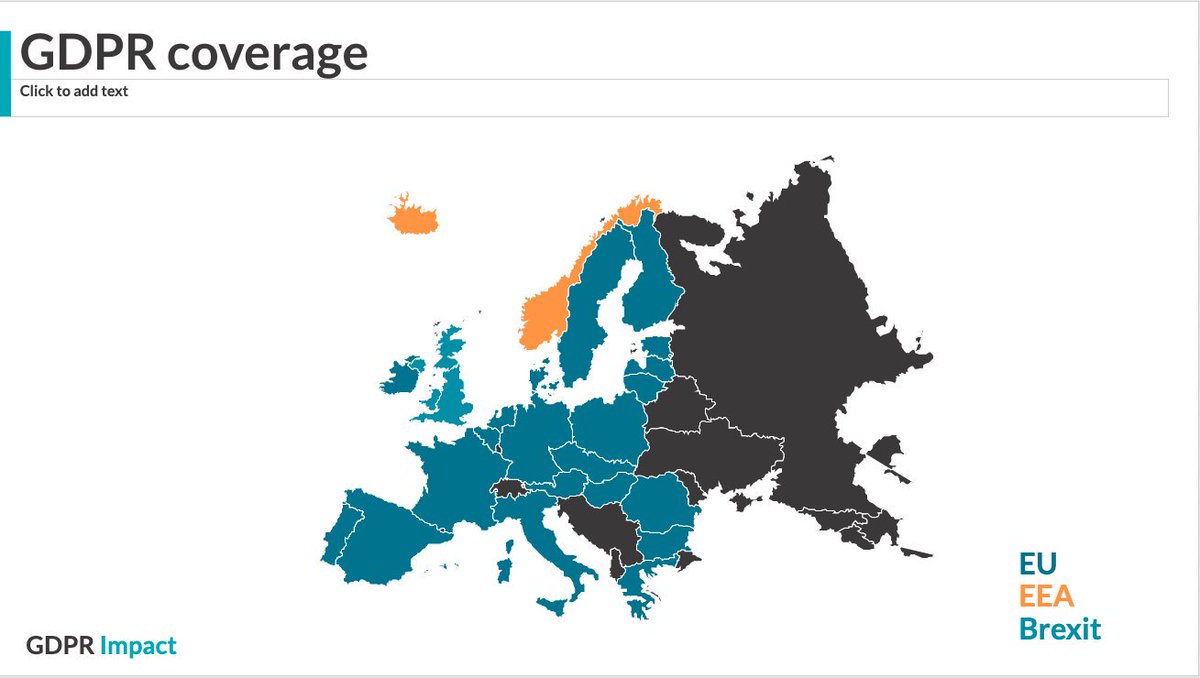
Does behavioral targeting create value? Now, we have 5 academic & industry (grey) studies that quantify how much value is lost without cookies. The loss estimates are: 65%, >66%, 52%, 4%, & 52%. I summarize the studies below. 

View the literature review slide & more related literature here: docs.google.com/presentation/d…
Added the CMA (UK regulator) report revisiting the Google study and positing an even higher 70% (upper bound) revenue loss without cookies. 

• • •
Missing some Tweet in this thread? You can try to
force a refresh




